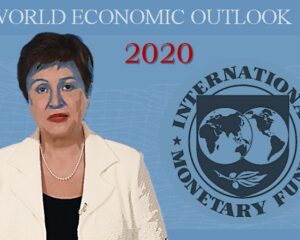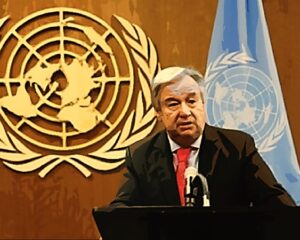The fact that the International Monetary Fund recognises the urgency of addressing anthropogenic induced climate change and the importance of reducing carbon emissions from human activity by 2050 must be seen as a welcome step. But the report is impractical and naïve in some respects. The next step needs to go beyond the high level of abstraction that smooths over the diversity of economic, political and climate impacts in local situations.
Read more




